Friday, 10 May 2024
Menu
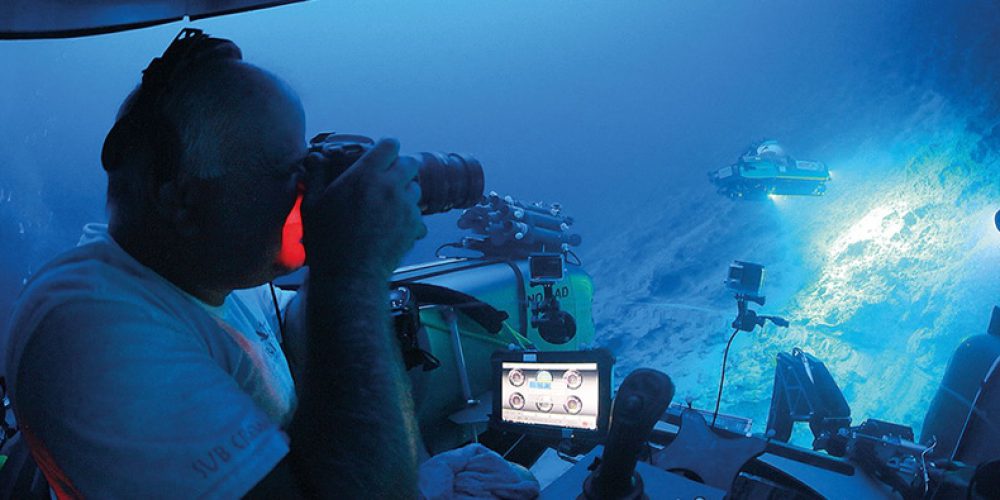
[blockquote style=”2″]”We have better maps of the Moon and Mars than of the seabed on our own planet,” – laments Oliver Steeds, co-founder and chief executive of the Nekton Institute for Deep Ocean Research in Oxford. “We have reached a point where the most important part of our planet is the least understood.”[/blockquote]
Changing this paradoxical state of affairs, was one of the fundamental ideas behind the creation of ‘Necton’ and the reason why it plans to launch the Mission II programme in October this year to discover and explore the unknown depths of the Indian Ocean.
Combining underwater vehicles with innovative scientific methods, data collection and communications, the three-year mission will focus on six distinct regions of the deep ocean, each representing unique exploration and research potential. From one of the world’s largest underwater canyons in the Seychelles, to the greatest diversity of reefs around the Andamans, to the endemic species of the Mozambique Channel.
[blockquote style=”2″]The spirit of early space exploration was the inspiration for the founders of Necton, its mission is “to explore the depths of the ocean and discover the unknown for the benefit of mankind”. Replace ocean depth with altitude, and NASA immediately comes to mind. “After all, the sea is a mirror of the sky,” says Steeds. “If you look at the space development of the 1950s and 1960s, billions of billions of dollars have been invested. It’s a heroic odyssey that inspires people to think differently.”[/blockquote]
Inspiration, odyssey and legacy are at the heart of this mission and words that can often be heard when talking to the Nekton team. It’s a mantra that aims, as marine biologist and the organisation’s chief scientist Dr Lucy Woodall explains, “To awaken a vision in the younger generation where, in another ten years’ time, someone like me somewhere in the world will be able to dive into the ocean and see it without needing an organisation like ours to do it.”
When we look down, away from the stars, the lack of knowledge about our planet becomes puzzling. Over 70% of the planet’s surface is covered by ocean, but less than 5% of the oceans have been explored. At least 97% of our biosphere is in the ocean and it is estimated that more than 90% of marine species remain undiscovered and only 0.25% of the high seas are protected.
[blockquote style=”2″]”The deep ocean is the largest and least studied ecosystem on Earth,” says Professor Alex Rogers, co-founder of Nekton and scientific director of the project. “Given the pressures at depth, there is now an urgent need to better understand how life in the ocean is distributed, how its ecosystem works and how to improve our management of it so it can begin to regenerate.”[/blockquote]
According to those in charge of the programme, the mission labelled Mission I, in Bermuda, was not a complete success. All the planning and organisation had to be done over eight months, the weather caused major problems and many innovative filming techniques had not yet been perfected, which meant that the planned documentary of the mission never saw the light of day.
This does not mean giving up on the mission’s achievements. Some of these include, for example, the discovery of the deepest-living species of wingfish in the Caribbean, as well as black coral colonies in deep light-limited zones in Bermuda, 100 km² of mapped seabed and a global audience of 750 million – when all media are included.
But perhaps more importantly for the organisation and its ultimate goals, it proved to be an important learning experience. It was also the first chance for the team to test and refine the GOSSIP protocol; it was ultimately a warm-up before the start of the next programme, Mission II.
Using the experience and methods developed in Bermuda, the second phase of the project, scheduled for 2018-2021, will venture into the even lesser-known waters of the Indian Ocean. The third largest ocean in the world, but the least explored, least protected and, in terms of money spent on research and exploration, the least funded of all the oceans.
With around two billion people living on its shores, the majority in low-income countries, increasing exploitation of marine resources, pressure from international fishing fleets and growing interest in mineral resources, these waters are under the greatest threat.
Beginning in October, the mission will include six major expeditions in six different biogeographic regions, and Nekton expects to double the audience watching the team’s activities to 1.5 billion worldwide thanks in part to innovations such as live broadcasts from aboard underwater research vessels.
The Nekton team strives in its activities to relate to the spirit of early space exploration, and the mysteries of the deep ocean provide fertile ground for an organisation that is driven by the spirit of pure exploration. It also has a defined, positive vision for the future.
[blockquote style=”2″]”Most narratives talk about the doom and destruction of the ocean, but we feel we can do something different, positive,” Steeds says. “After all, Martin Luther King didn’t say ‘I’m having a nightmare’, he said ‘I’m having a dream’.” Before launching the mission, Nekton sums up its lofty goals by paraphrasing the words of one of the great explorers, Neil Armstrong: “Humanity is ready to take another giant leap: into the depths of the ocean.”[/blockquote]
Source: nektonmission.org
[pro_ad_display_adzone id=”31298″]
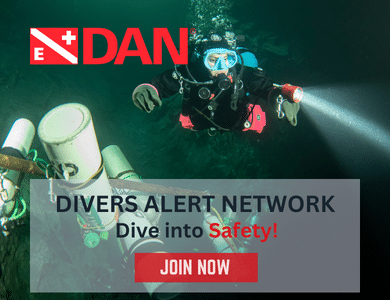
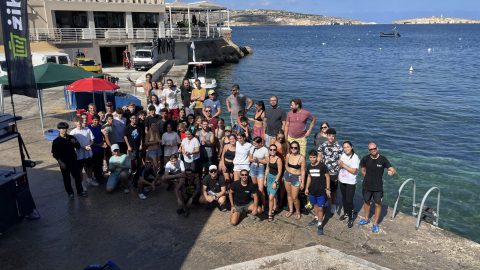
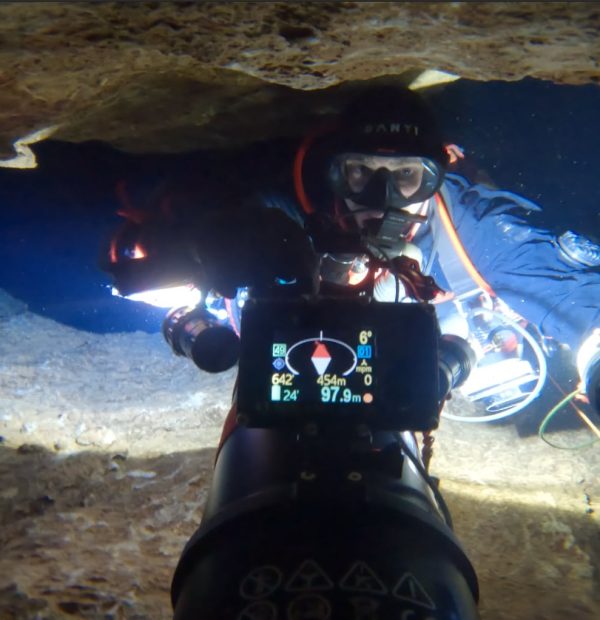

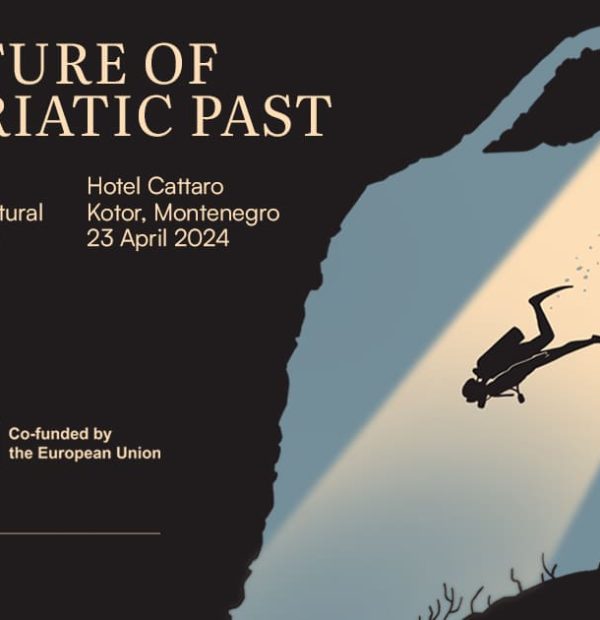
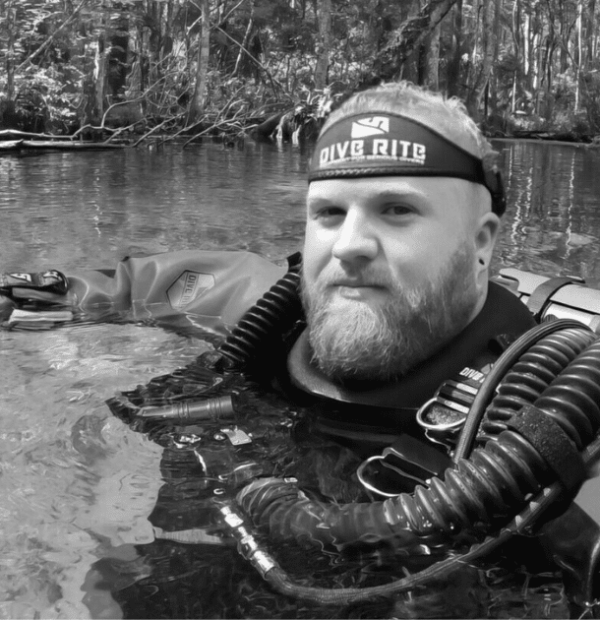
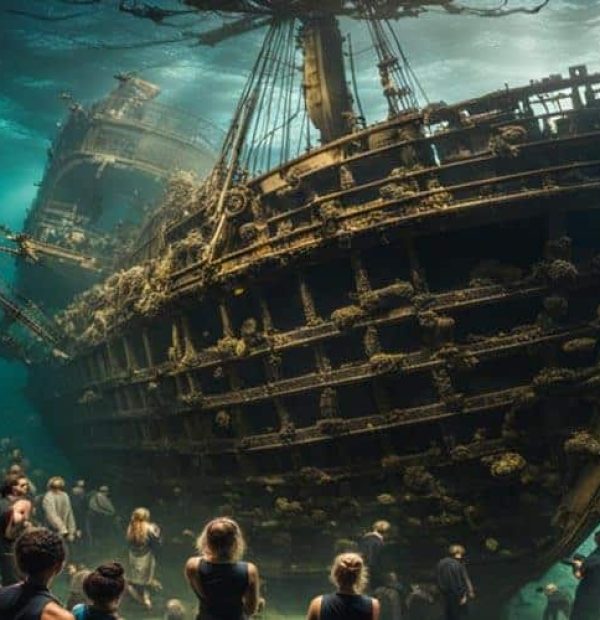
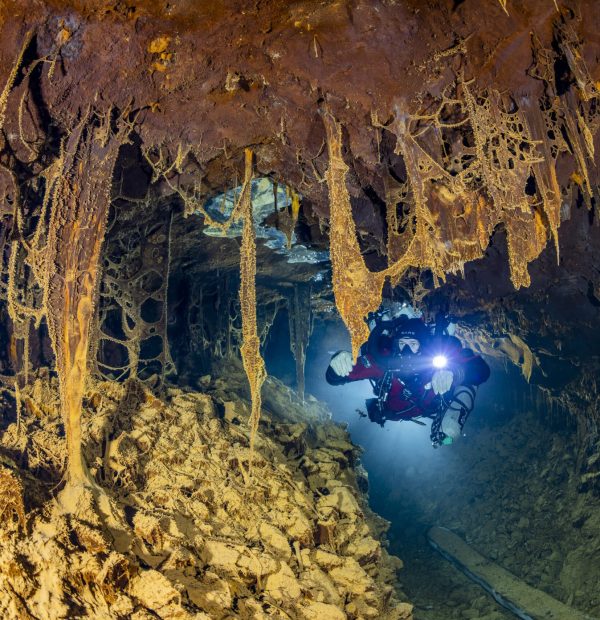
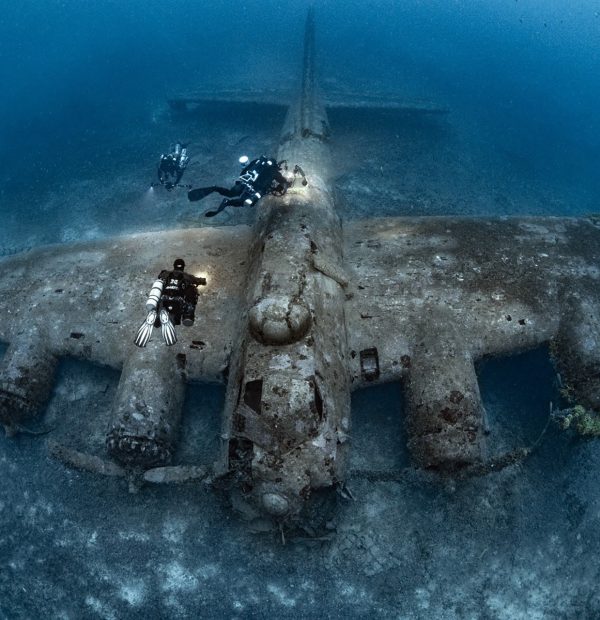

Welcome to DIVERS24.COM, your daily source of scuba news, freediving, scuba diving information, and equipment reviews. Our comprehensive coverage of the dive industry from A to Z provides you with all the latest scuba news, training updates, underwater photography tips, and everything else related to scuba diving. Whether you’re a beginner or an experienced diver looking for more knowledge about scuba gear or techniques – we’ve got it covered! With our in-depth articles written by experienced divers who have been there and done that, you are sure to find exactly what you need here at Divers24.com. Dive into scuba news today!
Underwater Media Sp. z o.o.
Szafarnia 11/F8,
80-755 Gdansk, Poland
Welcome to DIVERS24.COM, your daily source of scuba news, freediving, and scuba diving information. Sign in for a weekly news update and discount coupons for dive gear and apparel.
@2023 - underwatermedia.pl. All Right Reserved. Designed and Developed by Tworzenie stron internetowych Gdansk

The Divers24 portal is currently the largest online medium treating diving in Poland. Since 2010 we have been providing interesting and important information from Poland and around the world on all forms of diving and related activities.
Contact us: info@divers24.com